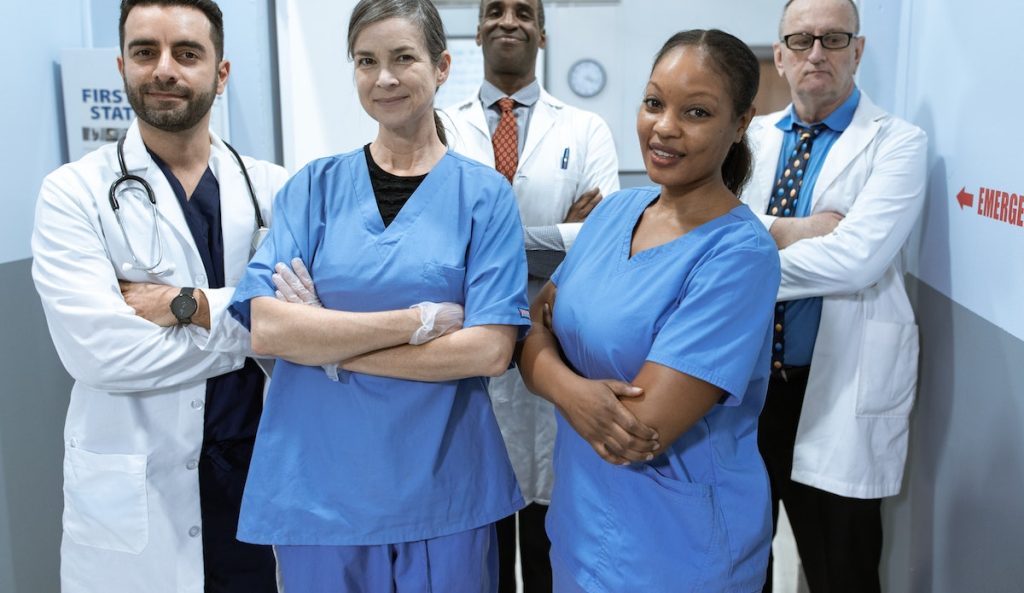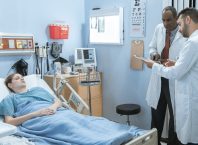Table of Contents
The Doctor of Medicine (MD) program is a four-year degree that aims to prepare students to become doctors. During the second half of medical school, students receive formal training to deal with patients and provide them with care and treatment under the guidance of experts. During clinical medicine, students learn by working in hospitals and applying their knowledge to their practice. The goal of clinical rotations in the MD program is to integrate academic knowledge and skills from the classroom setting into a clinical practice setting.
If you aspire to pursue the MD program to become a doctor, it is crucial to understand how clinical rotations count towards your training. There are a few critical factors to consider before beginning clinical rotations to get the most out of the experience. Here are the top five things:

1. Carefully choose your rotations
Clinical rotations are part of the MD program in which students rotate through various specialties in a hospital setting. It helps students explore the medical residencies that best match their interests. Medical students are posted to different hospitals during the clinical rotation process to gain clinical experience under the guidance of medical professionals.
2. Practice makes perfect
Medical students require a set of necessary skills to thrive as doctors. Studying basic sciences in the MD program provides students with an in-depth understanding of the clinical correlations to give a comprehensive knowledge of medical sciences. The basic sciences program helps students develop clinical skills that assist them during their rotation years. Practicing the skills learned during the first half of the MD program allows students to sharpen their clinical skills and improve their professional life.
3. Stay active
During clinical rotations, students practice medicine as a member of a core medical team under the supervision of an expert and experienced health practitioner. Medical students get rotation assignments, course material, and laboratory work as healthcare team members to learn from actual patients in a practical setting. Becoming a doctor is daunting and exhausting, so it is imperative to remain physically and mentally fit to flourish in rigorous medical school studies.
4. Forge links with seniors
Medical students face various challenges during their first clinical training. Connecting with seniors will help students prepare for the upcoming challenges in advance. Advice from fourth-year students builds students’ confidence, strengthens their industry connections, guides them in making decisions, and gives them fresh perspectives.
5. Develop professional etiquette
Cultivating good relationships with patients is necessary for doctors to relate to patients. Always dress like a professional, be kind and considerate to new patients, irrespective of your mood, and maintain good personal hygiene. Clinical rotations expose students to the real-world setting. They will gain organizational skills, such as managing patient information and writing updates. Picking up small habits can make a significant difference during the professional journey of medical students.
Studying the MD program in a reputable Caribbean medical school offers hands-on clinical experience and prepares you to practice medicine in the U.S. To learn more about clinical medicine, explore the top medical schools in the Caribbean.



